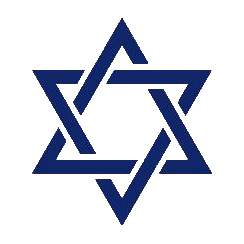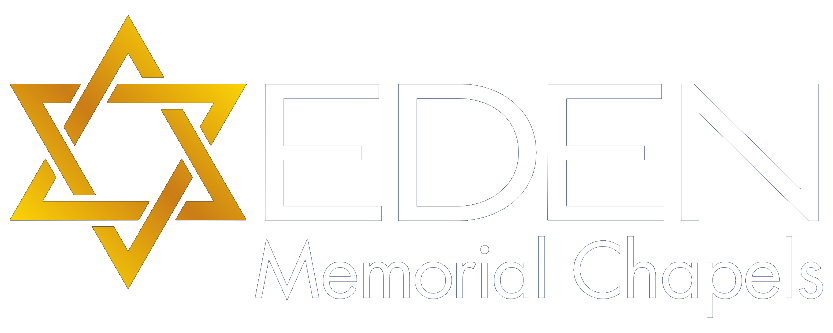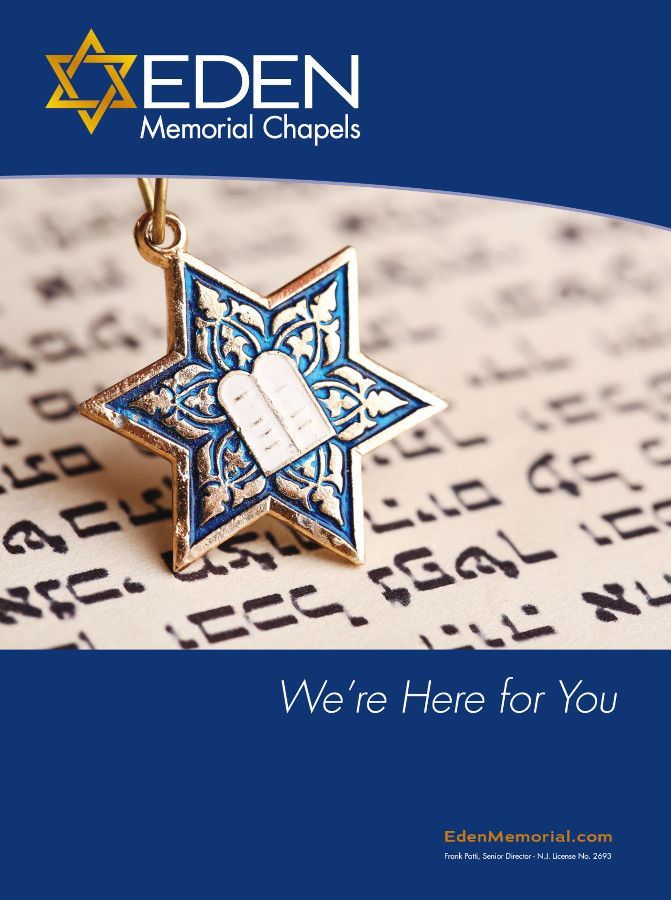Jewish Funeral Customs
When Should The Funeral Occur?
The tradition of holding a Jewish funeral and burial within 24 hours began in a time when families lived close together in the same shtetl, and travel was not a concern. It also addressed the practical challenge of properly caring for the deceased. In today’s world, with families often spread across different regions and modern resources available, funerals and burials may take place beyond the traditional 24-hour timeframe. However, when planning a service, it is important to honor the deceased by avoiding unnecessary delays for convenience.
Attending to the Deceased After Passing
Chevra Kadisha
In Hebrew, the group of individuals responsible for preparing the body for burial is known as the “Chevra Kadisha.” Men from the Chevra Kadisha handle the preparation of male bodies, while women from the same group handle the preparation of female bodies.
Tahara
The ceremony conducted by the Chevra Kadisha, involving the washing of the deceased before burial, is known as “Tahara.” This ritual serves as a symbolic purification of the departed individual.
Tachrichim
The deceased is dressed in a hand-sewn white linen shroud, symbolizing simplicity and humility in facing God.
Aron
A Kosher casket is crafted exclusively from wood, assembled with dowels and glue, and devoid of any metal components in its construction. Various designs, finishes, and wood species are employed to create these Kosher-compliant caskets.
Shomer
“Shomer” is a term that means “watcher.” In the context of a funeral, a Shomer is a man or woman who stays with the deceased individual until the burial, often engaging in the recitation of Tehilim, or Psalms.

The Funeral Rituals
Kriah
The Hebrew term for rending or tearing is “Kriah.” It serves as a symbol of grief, typically expressed through a tear in the upper corner of the garment or on a symbolic ribbon. The tear is made on the left side, closest to the heart, for a parent, and on the right side for other relatives. During this moment, mourners recite the following blessing: “Baruch Dayan Ha-Emet” – We praise you, Righteous Judge.
Mourner’s Kaddish
The prayer is exclusively recited in the presence of a quorum of ten Jewish individuals, known as a Minyan, in memory of the deceased. The prayer, known as the Mourner’s Kaddish, does not explicitly mention death but serves as a reminder to the living of God’s presence in their lives and within the community. You can click here to view the Mourner’s Kaddish.
Hesped
The eulogy, an homage to the deceased, is presented by the clergy, family members, or close friends during the funeral service.
El Malei Rachamim
The Hebrew term for “The Memorial Prayer” is “El Malei Rachamim.” This prayer is often recited in Hebrew and commences with the words “O compassionate and exalted God.”
Kevurah
The Hebrew term for the actual burial in the ground is “Kevurah,” derived from the word “Kever,” meaning grave. Those present at the burial actively participate by covering the casket either with a symbolic blanket of earth or by completely concealing the casket before departing from the cemetery. Certain traditions during this period involve using the shovel upside down and returning it to the earth rather than passing it directly to someone else.
Shura
Following the burial, those in attendance stand in two lines facing each other, forming a pathway for the mourners to walk through as they leave the gravesite. This symbolic gesture marks the commencement of the mourning process, accompanied by the recitation of “Hamakom yenakhem etekhem betokh shaar avelay tziyon viyrushalayim,” expressing the wish for God to provide comfort among all those who mourn in Zion and Jerusalem.
Zichron/Zichronah Livracha
“May his/her memory be for a blessing” is a traditional expression in Jewish culture, often said after mentioning the name of a deceased person. It reflects the hope and prayer that the memory of the departed individual will be a source of blessing and inspiration.

